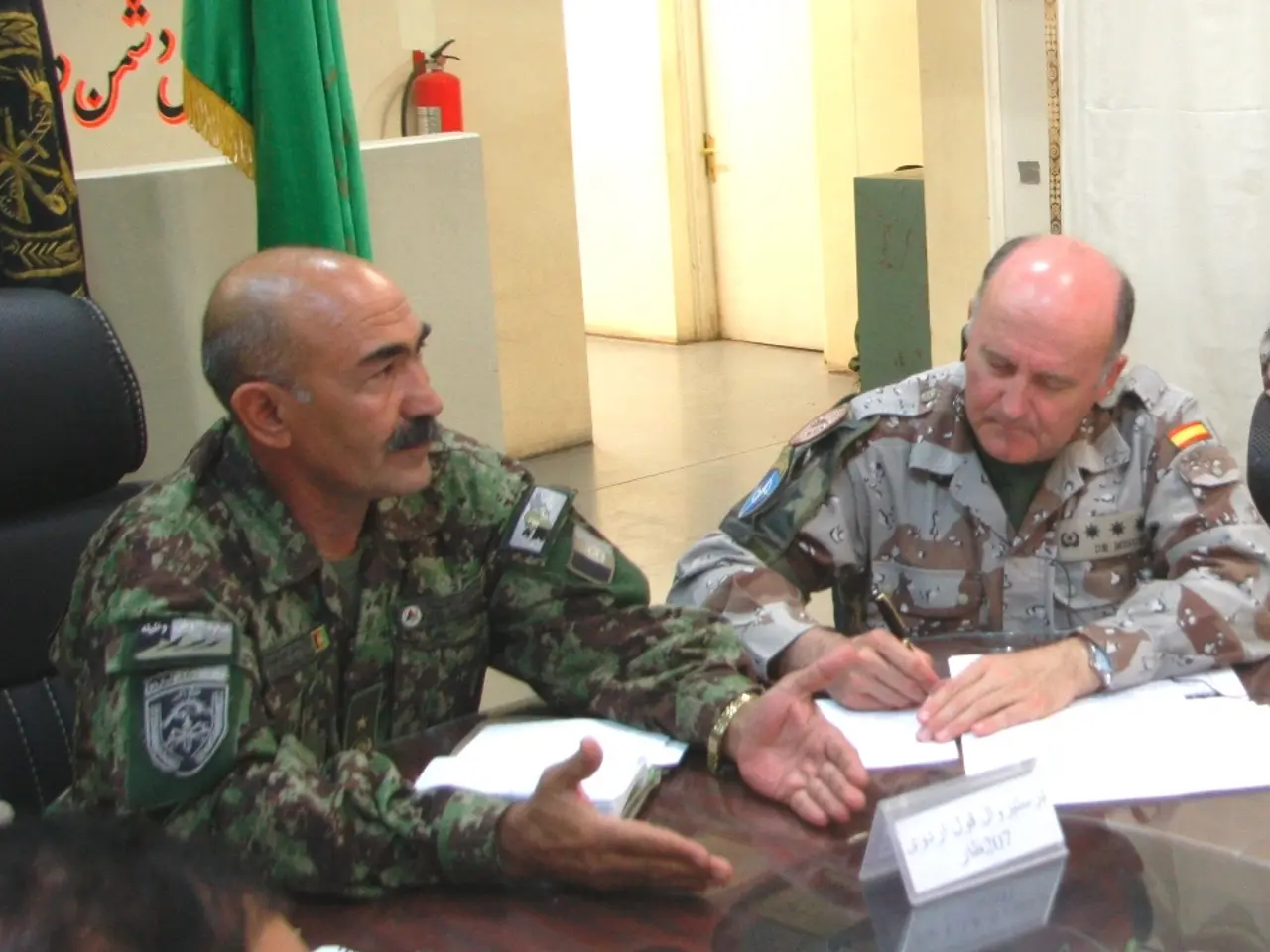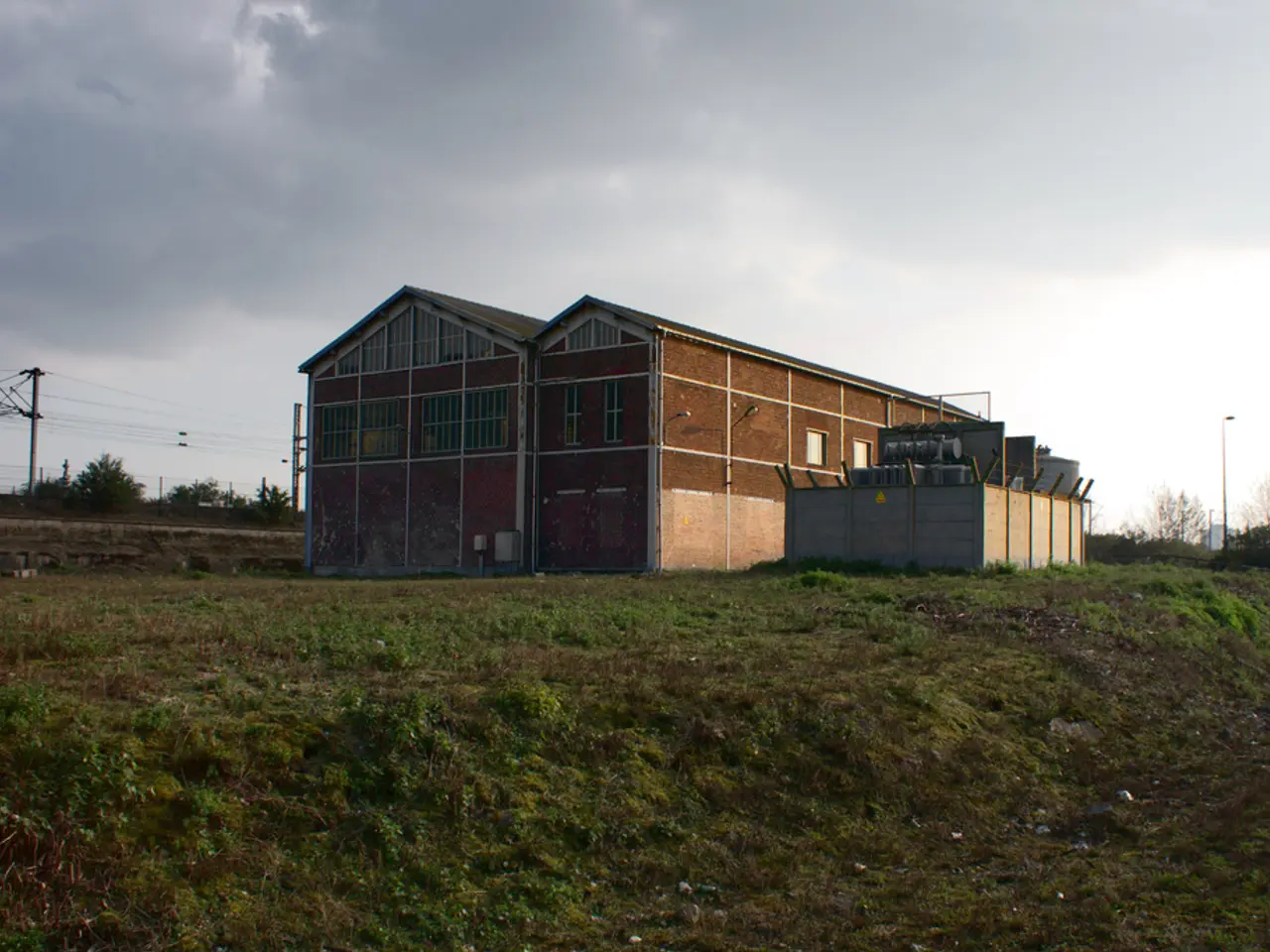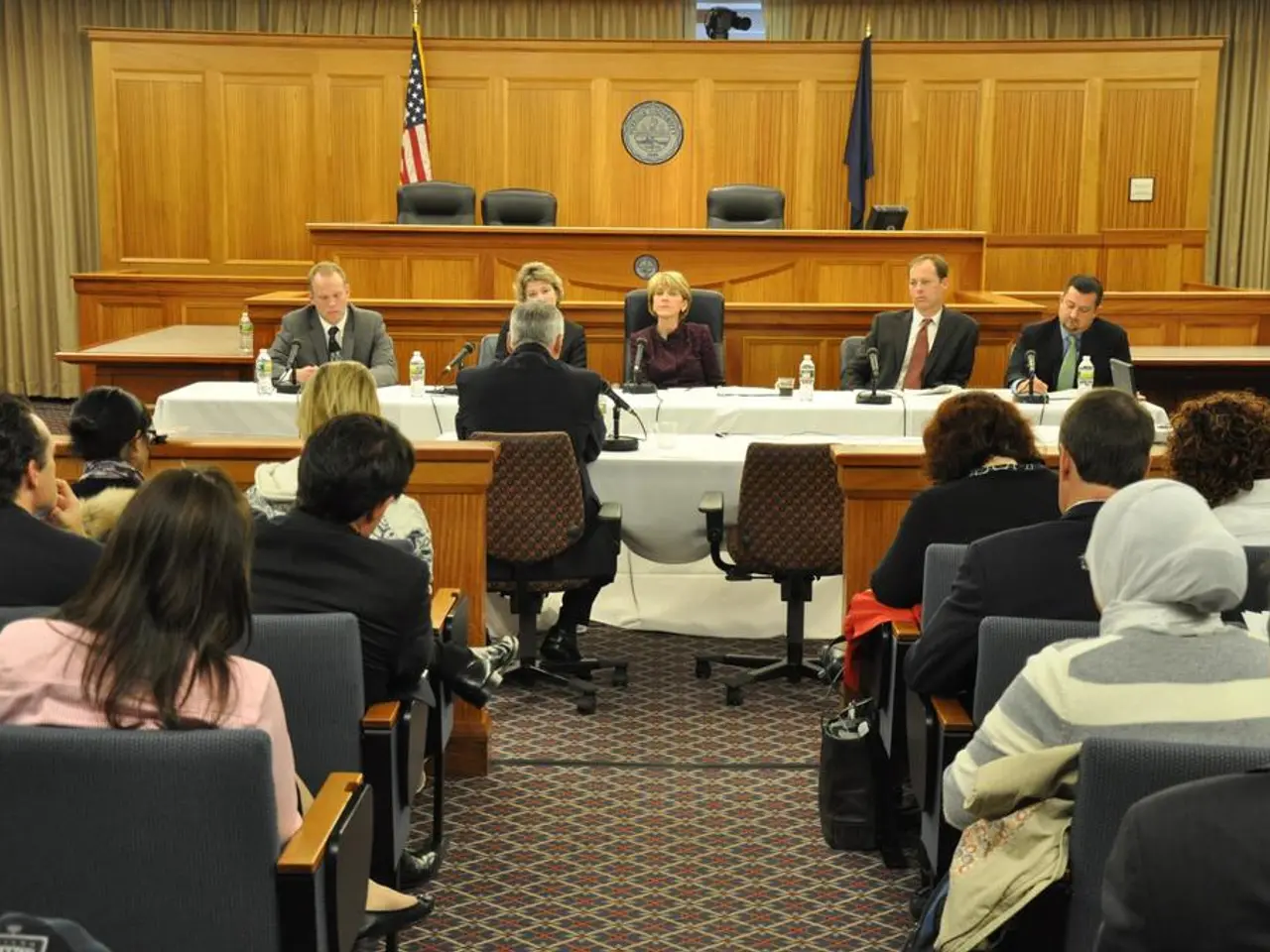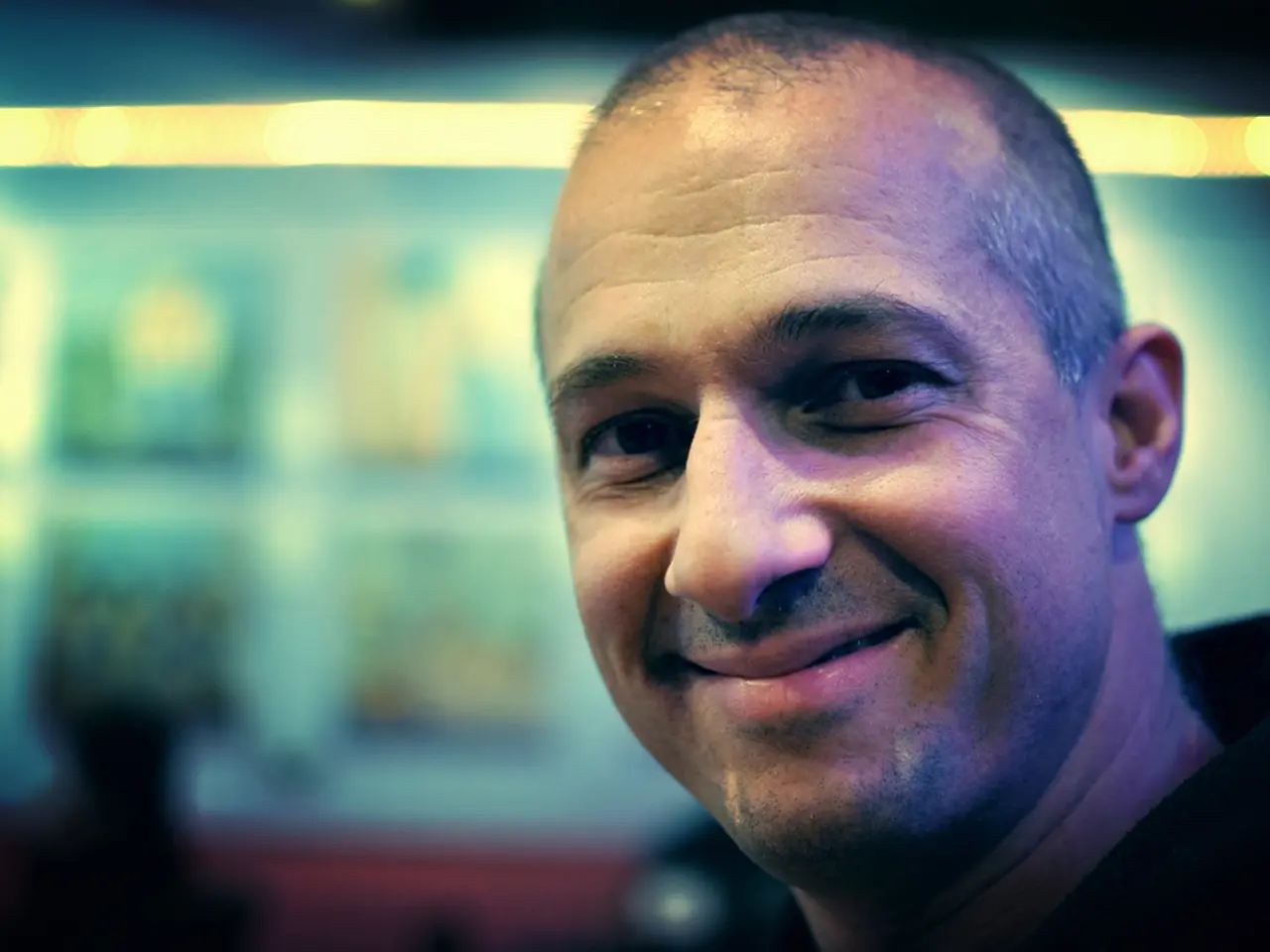Government of Syria confronts internal sectarian conflicts, endures Israeli attacks
The ongoing conflict in Syria has taken a new turn, with violent clashes erupting between Druze militias and Sunni Bedouin fighters in the Suwayda province, leading to significant casualties and displacement. The Syrian government, under new leadership, has attempted to intervene, but initial efforts to maintain a power-sharing arrangement with local Druze leaders have been met with resistance.
The recent violence has resulted in over 30 deaths and nearly 100 injuries, triggering a humanitarian crisis. Allegations abound of regime-affiliated fighters targeting Druze civilians, with reports of looting and burning of homes. As a result, over 1,000 families have been forced to flee to neighboring provinces.
Israel has intervened in the conflict, citing a commitment to protect the Druze minority. This intervention includes airstrikes against Syrian military convoys and strikes on key government buildings in Damascus. Israel's defense minister has warned that attacks will intensify unless Syrian forces withdraw from Suwayda. The Druze community in Israel, often seen as loyal and frequently serving in the Israeli military, reinforces Israel's interest in protecting Druze populations elsewhere.
The conflict in Syria is rooted in the complexities of the ongoing Syrian civil war, which began in 2011 as an uprising against the Syrian government. Historically, the Druze have maintained a distinct identity separate from Sunni Islam, leading to occasional tensions. However, the current conflict is more about territorial control and security than religious differences alone. Israel's involvement in Syria is often driven by strategic interests, particularly maintaining security along its borders. The Druze population's proximity to Israel and their historical ties with Israeli Druze communities play a significant role in Israel's decision to intervene in their defense.
The Syrian government, struggling with financial constraints, lacks the resources for tasks such as drafting a new electoral law, rebuilding the state apparatus, and establishing a federalist bureaucracy. This, coupled with the ongoing violence, suggests that the government will be dealing with conflicts for a long time to come. In June, US President Donald Trump lifted sanctions on Syria, following the EU, which had done so in May. However, the international community's expectations regarding the protection of minorities in Syria remain high.
The clashes began after a Druze youth was beaten and robbed by members of the Sunni Bedouin community on a highway between Damascus and Sweida on Sunday. Druze fighters initially resisted the troops, but eventually handed over their weapons. The situation remains volatile, with ongoing violence and international intervention.
- The incidents of war-and-conflicts in Syria, such as the current clash between Druze militias and Sunni Bedouin fighters in Suwayda province, signal a need for international attention towards human rights issues in Europe.
- The Middle East, specifically Syria, has been a hotbed of political turmoil and crime-and-justice issues, with the recent conflict between Druze and Sunni communities exacerbating the ongoing humanitarian crisis.
- The Syrian government, despite being under new leadership, has faced resistance in maintaining peace and politics stability, as evidenced by the recent violent clashes in the country.
- General news outlets have been covering the ongoing Syria conflict extensively, highlighting the significant casualties, displacement, and allegations of regime-affiliated forces targeting civilians, causing a humanitarian crisis in Africa.
- The international community, including the EU and US, has acknowledged the importance of protecting minorities in Syria as they lift sanctions, but are still monitoring the situation closely due to the ongoing violence and international intervention in the region.






